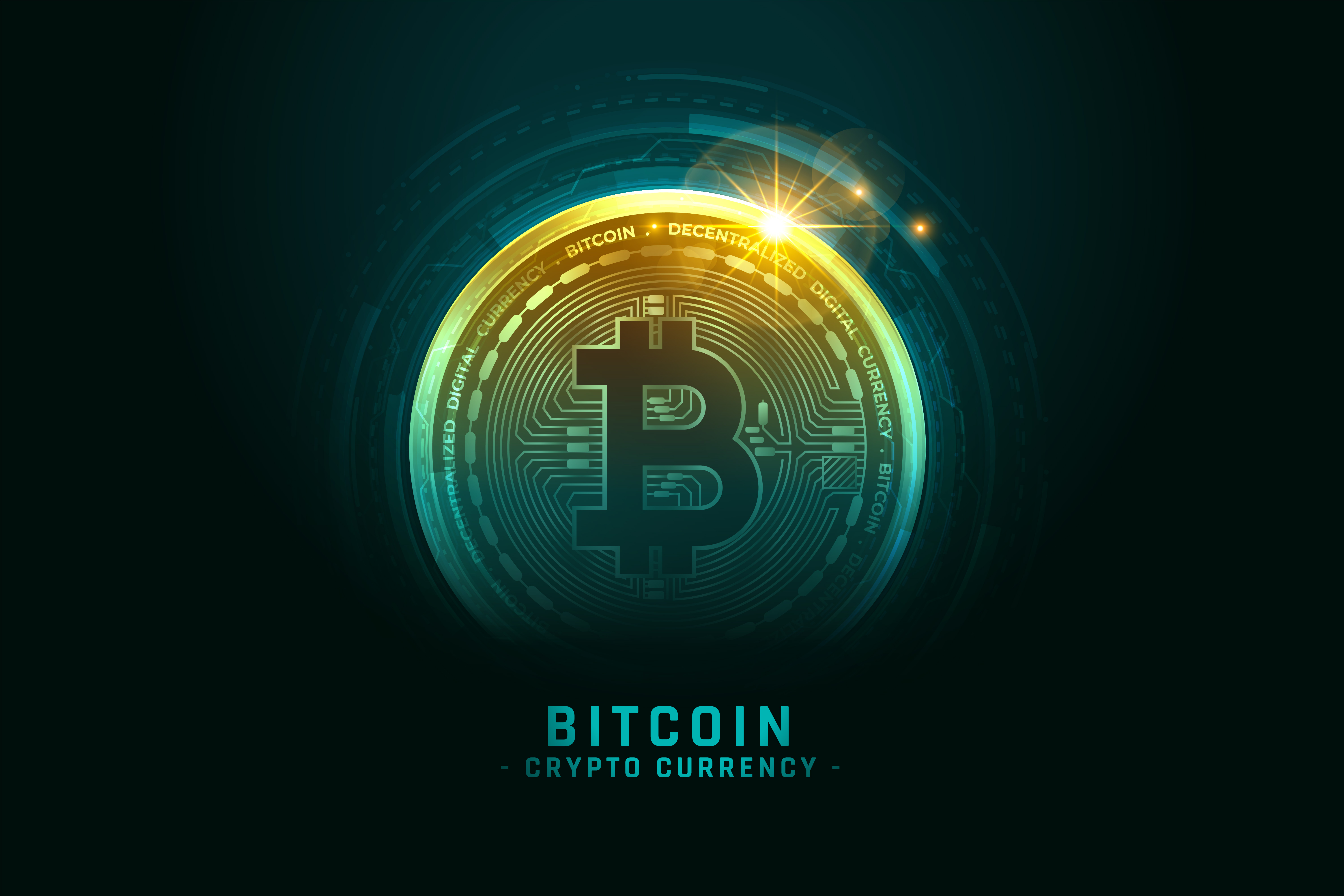Cryptocurrency is no longer a fringe concept—it's a disruptive force reshaping the global financial landscape. From decentralizing finance to challenging traditional banking norms, crypto and blockchain technology are at the forefront of a digital revolution. At Larissa InfoTech, we explore how this shift is impacting banking and what lies ahead in the future of blockchain.
What is Cryptocurrency?
Cryptocurrency is a form of digital or virtual currency that uses cryptography for security and operates on a decentralized network called blockchain. Unlike fiat currencies controlled by central banks, cryptocurrencies are peer-to-peer and not governed by any single authority, enabling transparent and borderless transactions.
How Cryptocurrency is Disrupting Traditional Banking
- Decentralization of Finance: Cryptocurrencies remove intermediaries like banks from financial transactions. This decentralization empowers individuals, reduces transaction fees, and accelerates global remittances.
- Cross-Border Payments: Crypto enables instant, low-cost international transactions without relying on SWIFT or banking networks, making it especially beneficial in developing economies.
- Banking the Unbanked: Millions globally lack access to traditional banking. With just a smartphone, anyone can participate in the crypto economy, gaining access to savings, credit, and financial tools.
- Programmable Finance: With smart contracts on platforms like Ethereum, financial agreements can execute automatically when conditions are met—eliminating bureaucracy and delays.
Use Cases of Blockchain in the Future of Technology
Blockchain technology—the foundation of cryptocurrencies—is poised to revolutionize several industries:
- Finance: Beyond currency, blockchain enables transparent lending, decentralized exchanges (DEXs), and tokenized assets.
- Supply Chain: Blockchain provides real-time tracking of goods, authenticates product origins, and ensures transparency from production to delivery.
- Healthcare: Secure and immutable patient records on blockchain can improve data sharing, reduce fraud, and enhance diagnostics across providers.
- Voting Systems: Blockchain can make elections tamper-proof, traceable, and accessible through decentralized, secure platforms.
- Intellectual Property: Creators can protect and monetize digital content using NFTs and blockchain-verified ownership rights.
How Larissa InfoTech Engages with Crypto and Blockchain
While we don’t offer cryptocurrencies directly, we’re deeply invested in exploring decentralized technologies. From developing blockchain-powered applications to integrating smart contract functionalities, our goal is to help businesses prepare for a decentralized future.
Conclusion
Cryptocurrency is more than just a digital asset—it’s a movement redefining how we think about money, trust, and technology. As adoption grows and regulation evolves, the integration of blockchain into mainstream systems will unlock innovation across industries. At Larissa InfoTech, we’re excited to be part of this journey toward a transparent, decentralized, and empowered digital economy.
Stay tuned to our blog for insights on blockchain innovations, fintech trends, and the future of decentralized technology. Have questions? Our team is just a message away!
Illustration credit: Image by rawpixel.com on Freepik ↗
Similar Post :

Understanding Bitcoin: Mining, Blockchain, and the Technology Behind It
Bitcoin is more than just a buzzword—it represents a technological revolution in digital finance. In this deep dive, we uncover the intricate workings of Bitcoin, from mining and hashing to distrib...

